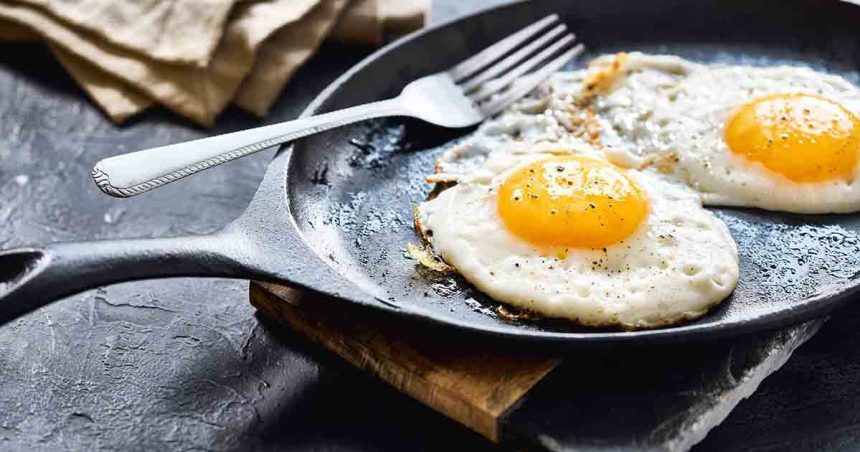Start your day with a simple egg to strengthen your bones against osteoporosis. Research suggests that regular egg consumption can elevate bone mineral density in key areas like the femur and spine, enhancing bone strength and resilience. Eggs also stimulate the production of alkaline phosphatase, an enzyme crucial for bone metabolism, and are rich in essential nutrients like vitamin D, zinc, and bioactive peptides. Incorporating eggs into your diet has been linked to improved overall bone health, reduced risk of fractures, and minimal impact on cholesterol levels. Embrace eggs as a versatile culinary option to proactively support your bone strength and well-being.
1. Enhanced Bone Mineral Density
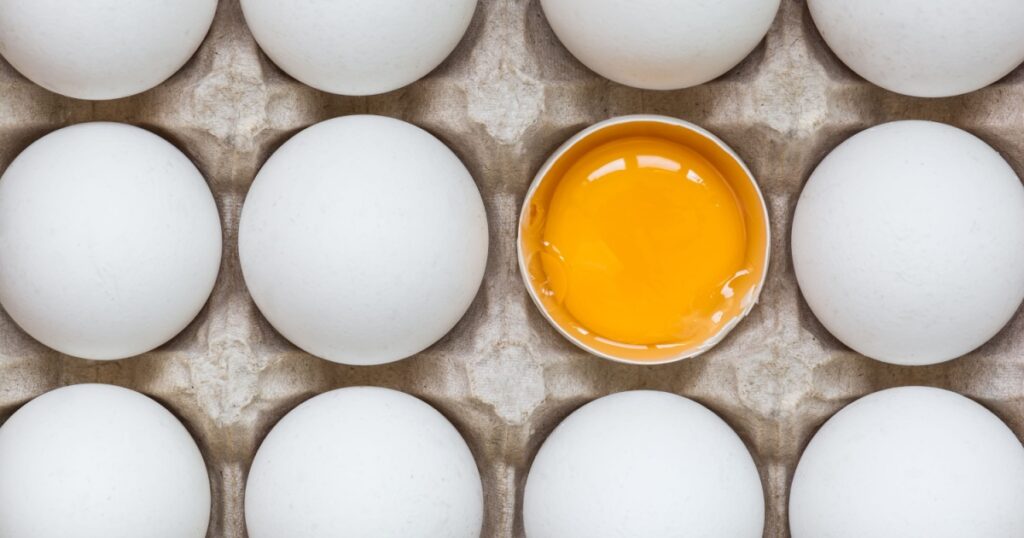
Studies show that consuming at least two large eggs a day can significantly elevate bone mineral density, particularly in crucial areas like the femur and spine.
2. Activation of Alkaline Phosphatase
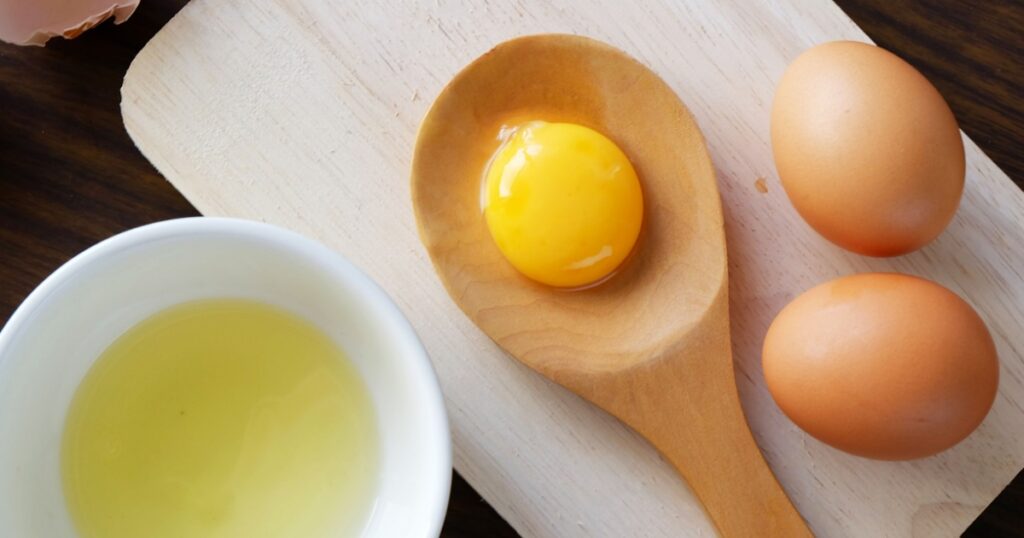
Eggs contain bioactive compounds that stimulate the production of alkaline phosphatase, an enzyme crucial for bone metabolism.
3. Nutrient-rich Composition
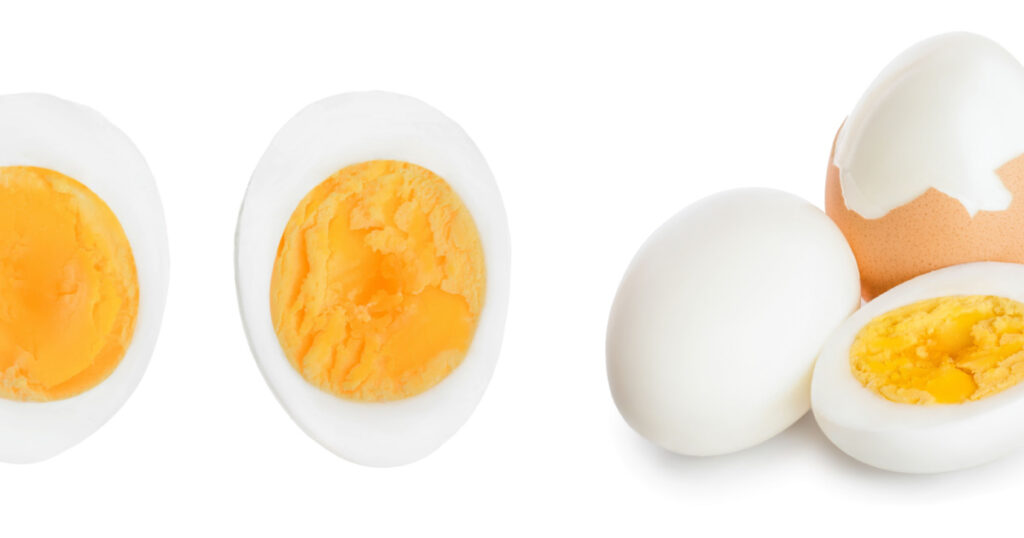
Eggs are not only rich in protein but also contain essential nutrients like vitamin D, zinc, and bioactive peptides that support bone health.
4. Positive Link to Whole-Body T-Score

Regular egg consumption has been associated with a positive impact on the body’s T-score, potentially reducing the risk of fractures and improving overall bone health.
5. Addressing Concerns About Cholesterol
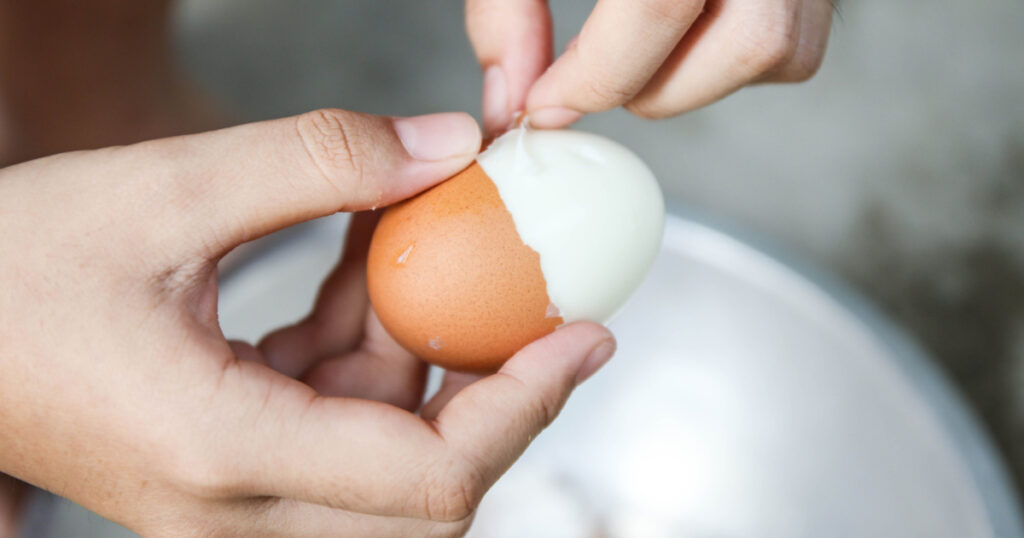
Moderate egg consumption has been shown to have minimal impact on cholesterol levels in healthy individuals, making eggs a heart-healthy dietary choice.
Scrambled, Poached, or Sunny Side Up?

Adding eggs to your diet may be a simple yet effective strategy for safeguarding your bones against osteoporosis and fractures. Embrace the versatility of eggs in your meals for improved bone strength and overall well-being.
Sources
- “Eating More Eggs Might Help Protect Against Osteoporosis, Research Shows.” Health. Sarah Garone. March 22, 2024.
- “Relationship between Osteoporosis, Multiple Fractures, and Egg Intake in Healthy Elderly.” NCBI. Roberta Pujia, et al. January 2022.
